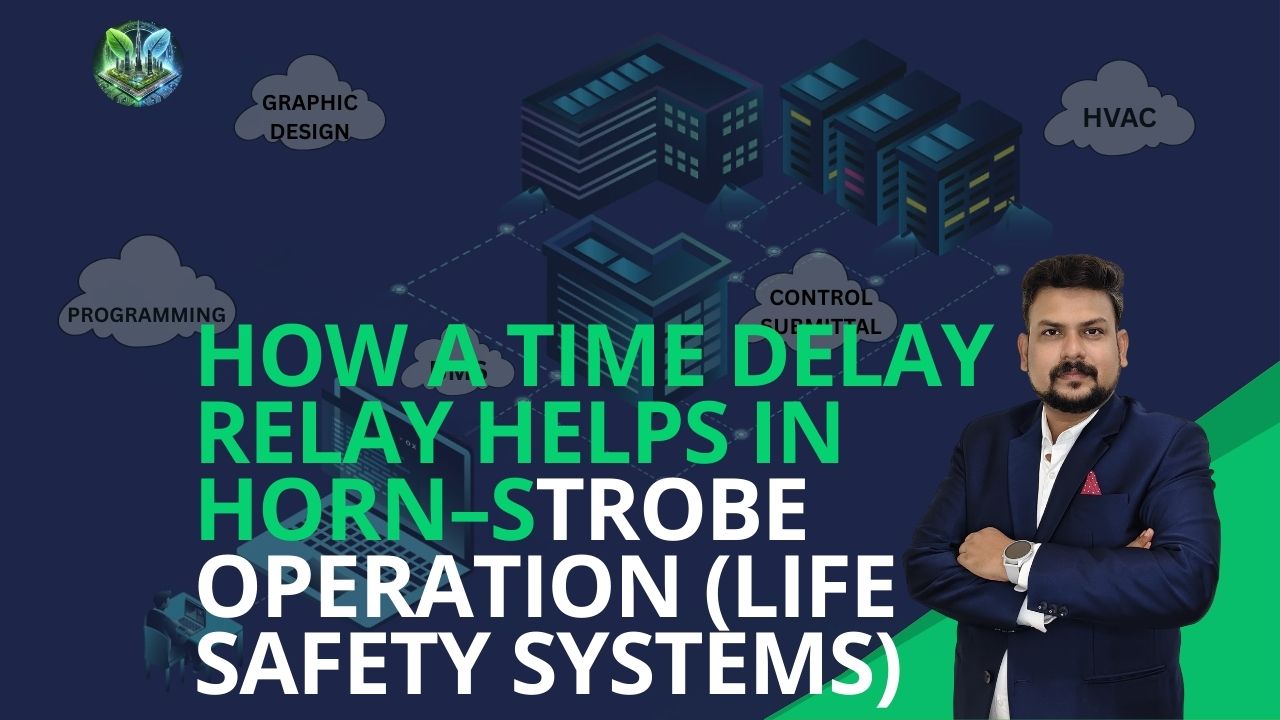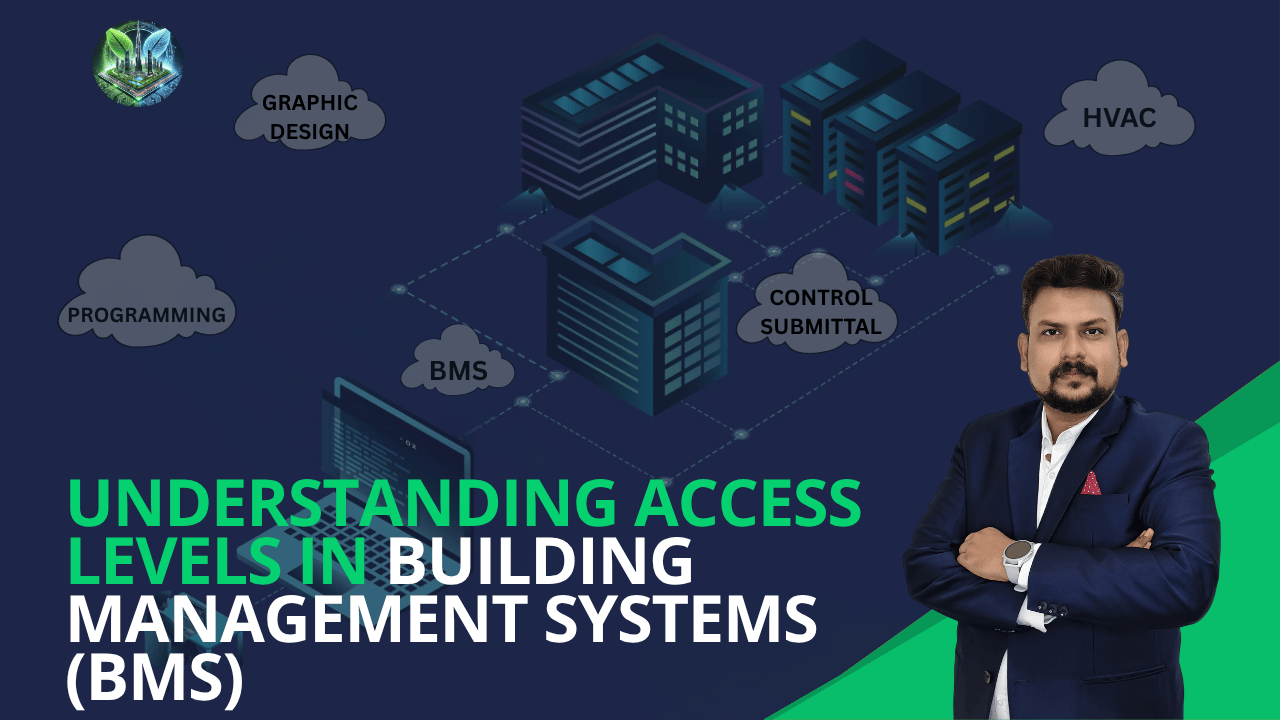.jpg)
Understanding Alarm Classifications in BMS – Why It Matters
Here’s how alarms are typically classified for smart processing:
✅ Class 1 – Life Safety & Fire
▪️ Fire, security, and critical life-safety equipment
▪️ Audible alert 🔊 + printed + display
▪️ Requires individual acknowledgment to silence
✅ Class 2 – Critical (Non-Life Safety)
▪️ High-priority systems (e.g. HVAC failure)
▪️ Same as Class 1, but can be acknowledged in bulk
✅ Class 3 – General Alarms
▪️ Standard equipment faults
▪️ Audible alert + silence key option
▪️ Return to normal? No sound, just a print
✅ Class 4 – Maintenance/Warnings
▪️ Routine tasks or info logs
▪️ Printed only – No sound, no acknowledgment
📟 Bonus Features:
🔹 Unacknowledged Alarm Indicator
🔹 Backup printer support – because no alarm should ever go missing!
🎯 If you're designing or reviewing BMS alarm strategies, always ask:
“Does this help the operator take the right action at the right time?”


.jpg)
.jpg)
.jpg)
.jpg)

.jpg)
.jpg)


.jpg)


.jpg)
.jpg)
.jpg)
.jpg)
.jpg)
.jpg)
.jpg)
.jpg)
.jpg)
.jpg)
.jpg)
.jpg)
.jpg)
.jpg)
.jpg)
.jpg)
.jpg)
.jpg)
.jpg)
.jpg)
.jpg)
.jpg)

.jpg)
.jpg)
.jpg)

.jpg)
.jpg)
.png)
.png)


.png)

.png)
.png)
.png)
.png)
.png)
.png)
.png)
.png)
.png)
.png)
.png)
.png)
.png)
.png)
.png)
.png)
.png)
.png)
.png)
.png)
.png)
.jpg)
.png)
